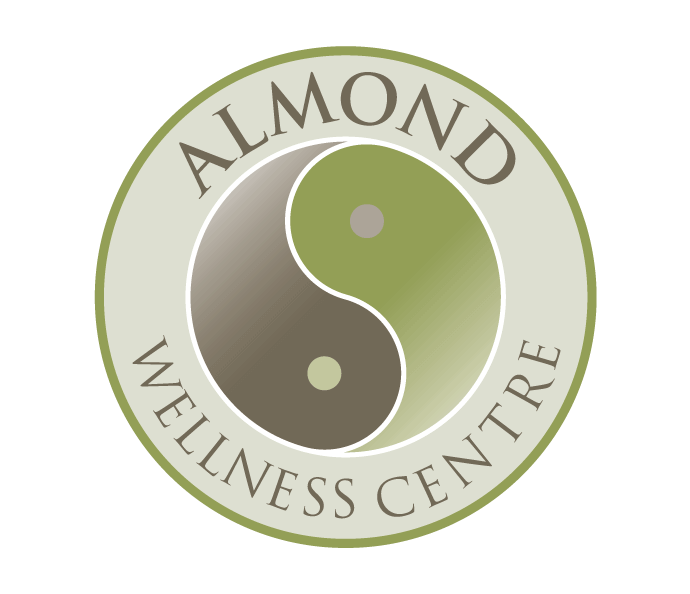The Therapeutic Effects of a Traditional Chinese Medicine Formula Wuzi Yanzong Pill for the Treatment of Oligoasthenozoospermia: A Meta-Analysis of Randomized Controlled Trials
In this 2018 study of a traditional Chinese herbal formula and its effects for men with low sperm count and sperm with poor motility “…the WZYZ pill improved sperm quality by improving several semen parameters and decreasing DNA damage in oligoasthenozoospermia patients.”
Table of Centents
Evidence-Based Complementary and Alternative Medicine, Volume 2018 (2018), Article ID 2968025, 10 pages
https://doi.org/10.1155/2018/2968025
Ming Peng Zhao, Xiao Shi, Grace Wing Shan Kong, Chi Chiu Wang, Justin Che Yuen Wu, Zhi Xiu Lin, Tin Chiu Li, and David Yiu Leung Chan
Published 17 January 2018
Oligoasthenozoospermia is a crucial factor in male infertility. Wuzi Yanzong (WZYZ) pill is a popular traditional Chinese medicine (TCM) formula which has been used for male infertility treatment for years. However, its effects on semen quality remain controversial. We conducted a preregistered meta-analysis to assess the effect of WZYZ pill for the therapeutic effects on oligoasthenozoospermia. Five randomized controlled trials including 960 participants were selected from databases of domains in North-East Asian regions, PubMed, Embase, and Cochrane Library.
WZYZ pill group yielded a greater mean increment on sperm concentration (5 trials: MD 5.99, 95% CI 2.12–9.85, ), sperm motility (5 trials: MD 4.57, 95% CI 0.47–8.68, ), sperm morphology (2 trials: MD −1.93, 95% CI −4.87–1.01, ), activity of acrosomal enzyme (2 trials: MD 28.27, 95% CI 12.41–44.14, ), volume of semen (2 trials: MD 0.56, 95% CI 0.21–0.91, ), and a decrement of sperm DNA fragmentation index (2 trials: MD −3.82, 95% CI −6.45–−1.19, ). However, qualities of selected studies were generally unsatisfactory, and there was inherent heterogeneity among some of the outcomes.
Despite these limitations, the WZYZ pill improved sperm quality by improving several semen parameters and decreasing DNA damage in oligoasthenozoospermia patients.
Effect of Chinese Herbal Medicine on Male Infertility
“Chinese Herbal Medicine improved sperm motility and quality, increased sperm count and rebalanced inadequate hormone levels, and adjusted immune functions leading to the increased number of fertility. Further, CHM in combination with conventional therapies improved efficacy of conventional treatments.”
International Review of Neurobiology, Volume 135, 2017, Pages 297-311 : Chapter Thirteen – Effect of Chinese Herbal Medicine on Male Infertility
DanJiang*AlbertoCoscione†LilyLi‡Bai-YunZeng§
https://doi.org/10.1016/bs.irn.2017.02.014
Abstract
Male infertility normally refers a male’s inability to cause pregnancy in a fertile female partner after 1 year of unprotected intercourse. Male infertility in recent years has been attracting increasing interest from public due to the evidence in decline in semen quality. There are many factors contributing to the male infertility including abnormal spermatogenesis; reproductive tract anomalies or obstruction; inadequate sexual and ejaculatory functions; and impaired sperm motility, imbalance in hormone levels, and immune system dysfunction. Although conventional treatments such as medication, surgical operation, and advanced techniques have helped many male with infertility cause pregnancy in their female partners, effectiveness is not satisfactory and associated with adverse effects.
Chinese herbal medicine (CHM) has been used to improve male infertility in China for a very long time and has now been increasingly popular in Western countries for treating infertility. In this chapter we summarized recent development in basic research and clinical studies of CHM in treating male infertility.
It has showed that CHM improved sperm motility and quality, increased sperm count and rebalanced inadequate hormone levels, and adjusted immune functions leading to the increased number of fertility. Further, CHM in combination with conventional therapies improved efficacy of conventional treatments. More studies are needed to identify the new drugs from CHM and ensure safety, efficacy, and consistency of CHM.
Randomised clinical trial of comparing effects of acupuncture and varicocelectomy on sperm parameters in infertile varicocele patients
A 2016 study comparing acupuncture vs surgery for men with varicocele found “acupuncture treatment in primary infertile varicocele patients with semen abnormalities seems to be effective and has comparable results with the varicocelectomy treatment.”
Eyup Veli Kucuk, MD, Umraniye Education & Research Hospital, Adem Yavuz Cad. No:1, Elmalikent Mah., 34760 Umraniye, İstanbul, Turkey.
Andrologia. First published: 21 January 2016
Summary
The aim of the study was to evaluate the effect of the acupuncture treatment on sperm parameters and pregnancy rates in patients with primary infertility. Between January 2008 and May 2010, 30 men with the primary infertility (one year of unprotected intercourse, healthy wife) and varicocele with normal hormone levels and abnormal semen analysis were randomised into two groups. Group 1 underwent subinguinal microscopic varicocelectomy, and Group 2 underwent acupuncture treatment twice a week for 2 months. Both groups were evaluated with semen analysis at 6 months after the treatment. Patients in both groups evaluated with telephone calls and e-mail in terms of pregnancy. The mean age of the patients was 27.2, and groups were comparable regarding the age (P = 0.542). The pre-treatment sperm concentration, motility and morphological characteristics were similar in both groups. Sperm concentration and motility improved significantly in both groups after the treatment. Increase in sperm concentration was higher in the acupuncture group compared to the varicocelectomy group (P = 0.039). The average follow-up was 42 months, and pregnancy rates were emphasised 33% in both groups. Acupuncture treatment in primary infertile varicocele patients with semen abnormalities seems to be effective and has comparable results with the varicocelectomy treatment.
